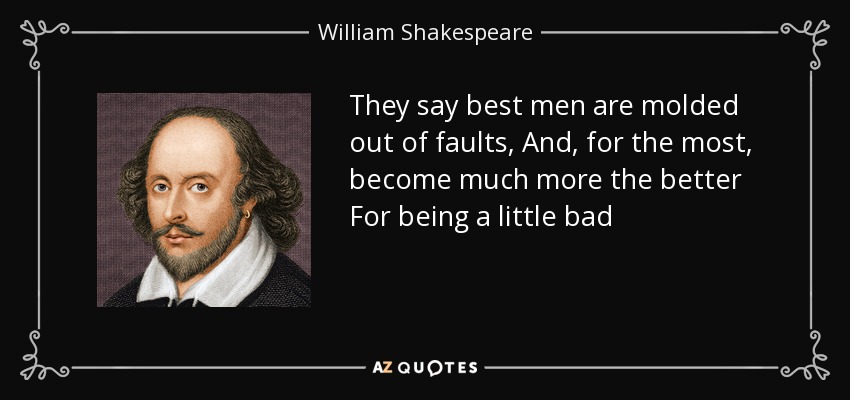Today we examine standards-setting activity of non-profit trade associations that set academic standards; with specific interest in how these organizations reference other organizations that set standards for the built environment.
The criteria for an organization to be recognized as a “college” or “university” is dependent on the jurisdiction. There are common characteristics and criteria that many institutions must meet to be officially designated as a college. Keep in mind that these criteria can differ between countries and regions. Here are some general considerations:
Legal Recognition: The institution must be legally recognized by the relevant educational authorities in its jurisdiction. This recognition often involves meeting specific standards related to academic programs, faculty qualifications, facilities, and governance.
- Accreditation: Many countries have accreditation processes that evaluate the quality of education provided by institutions. Accreditation is often granted by independent accrediting bodies that assess factors such as curriculum, faculty credentials, facilities, and student outcomes.
- Degree-Granting Authority: Colleges are typically authorized to confer academic degrees, such as associate degrees, bachelor’s degrees, or higher. The authority to award degrees may be granted by government education agencies or other relevant authorities.
- Faculty Qualifications: Colleges are expected to have qualified faculty members with appropriate academic credentials and expertise in the subjects they teach. Faculty qualifications often include advanced degrees in their respective fields.
- Facilities and Resources: Colleges should have adequate facilities and resources to support the delivery of quality education. This includes classrooms, laboratories, libraries, and other infrastructure necessary for academic activities.
- Adherence to Educational Standards: Colleges are expected to adhere to established educational standards and guidelines. These standards may cover curriculum development, assessment methods, student support services, and other aspects of academic operations.
- Governance and Administration: The institution should have a transparent and effective governance structure and administrative processes. This ensures accountability and the ability to manage the institution in accordance with educational regulations and standards.
- Mission and Purpose: Colleges typically have a clearly defined mission and purpose related to higher education. This may involve a commitment to academic excellence, research, community engagement, or other educational goals.
It’s important to note that the specific requirements and criteria can vary widely depending on the country and its educational system. In some regions, the term “college” may be used differently, and there may be variations in the types of degrees or programs offered by institutions with this designation. As such, it’s advisable to refer to the specific regulations and guidelines established by the educational authorities in a given jurisdiction.




